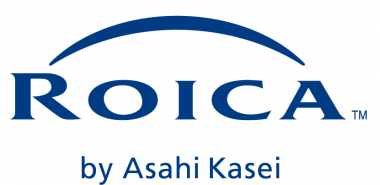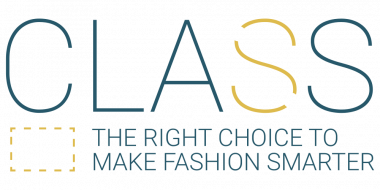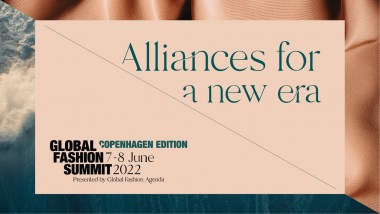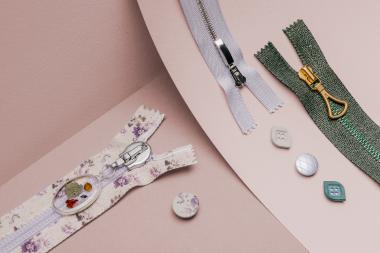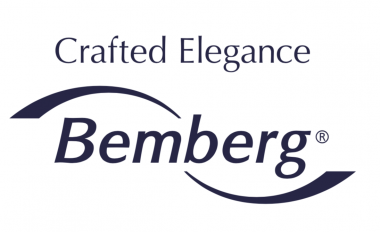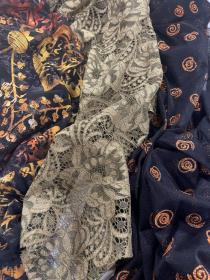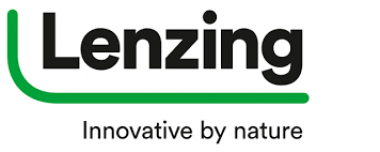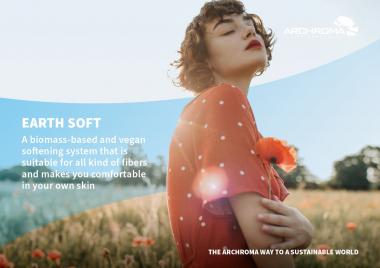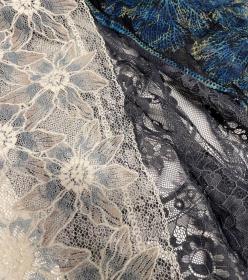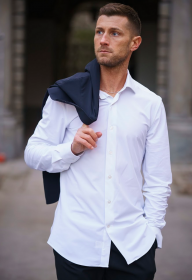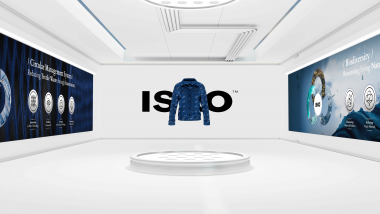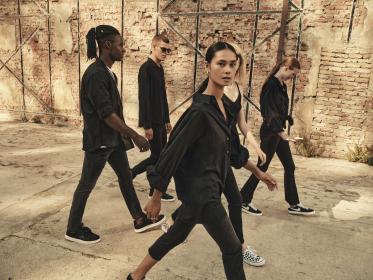ROICA™ welcomes 2022 with a brand new wardrobe
ROICA™ main objective is to focus on and respond to new generation values in fashion. Values that are key for contemporary consumers, who are the ones leading the change throughout all the supply value chain, and have received even more attention since the beginning of the pandemic. ROICA™ by Asahi Kasei team knows that value creation is the basic foundation of contemporary business. Its teams are ready to go to the next level, answering to the market demand for innovation while sharing its responsibility efforts towards the new generation of consumer.
For this reason, the ROICA™ strategy is based on two key elements. On the one side, a strong focus on responsible innovation, able to respond to new fashion needs and desires while not harming the environment nor the society at large. On the other hand, a consolidation of partnerships along the whole supply chain through conversations and collaborations with companies sharing the ROICA™ values, in order to deliver creativity, solutions and design to all contemporary consumers. For example, in terms of fabric producers ROICA™ has been working alongside industry leaders such as Brugnoli, Candiani Denim, CIFRA, Dresdner Spitzen, Eusebio, Iluna Group, Innova Fabrics, Inter Jersey Milano, Lauma Fabrics, L/E Textile, Maglificio Ripa, M.I.T.I., Penn Italia - Penn Textile Solutions GmbH, Piave Maitex, Sitip S.p.A., Sofileta, Taubert Textil, Tessitura Colombo, TINTEX Textiles, TVB Textil-Vertrieb-Beratungs.
See attached document to read more about the current wardrobe stories.
ROICA™ by Asahi Kasei / GB Network


